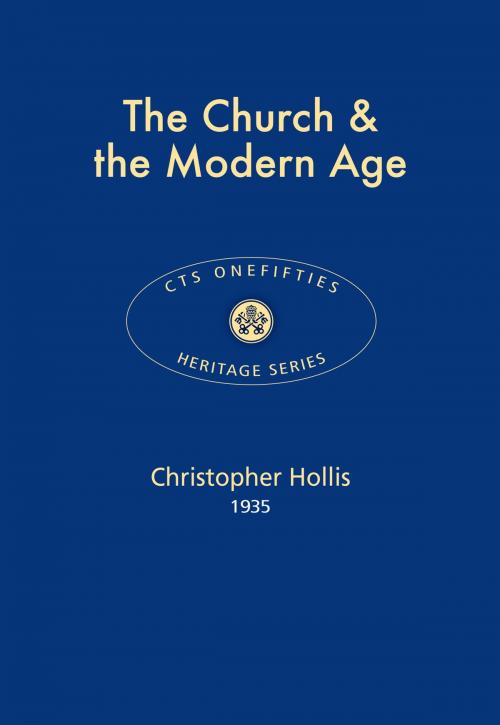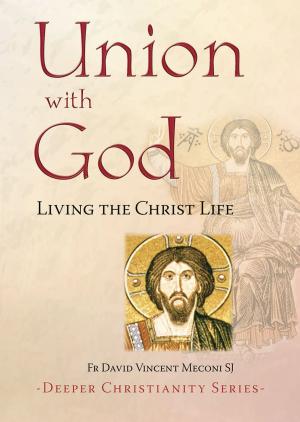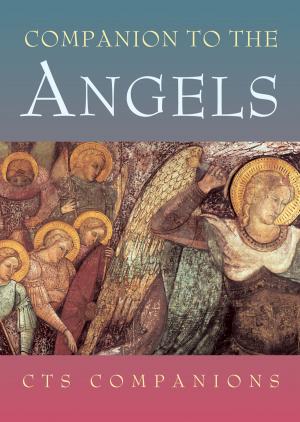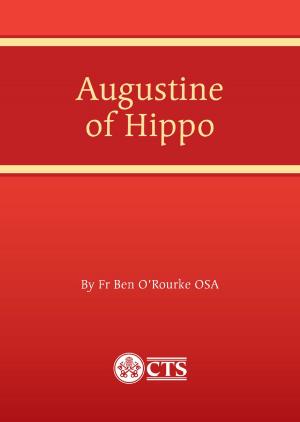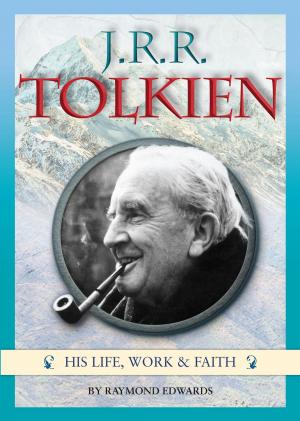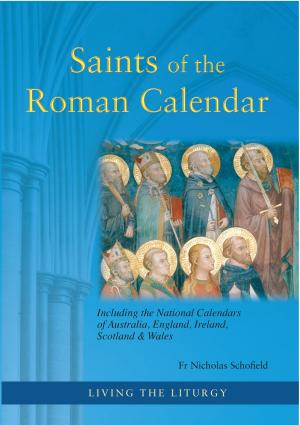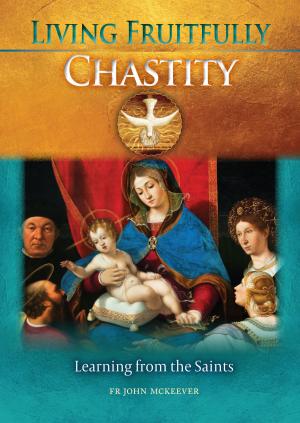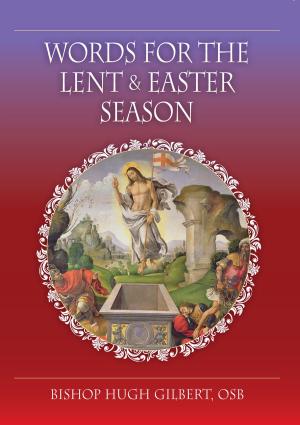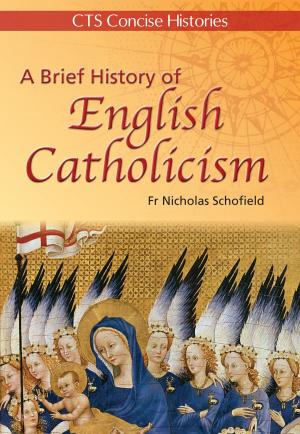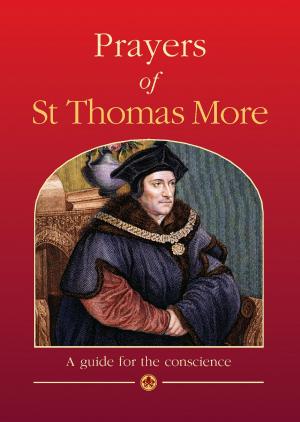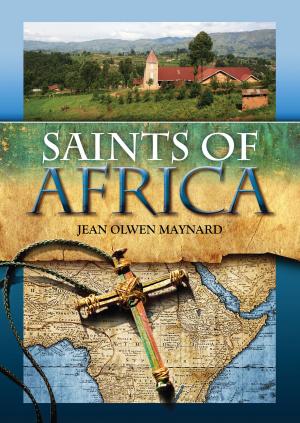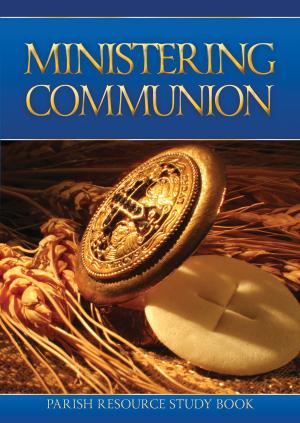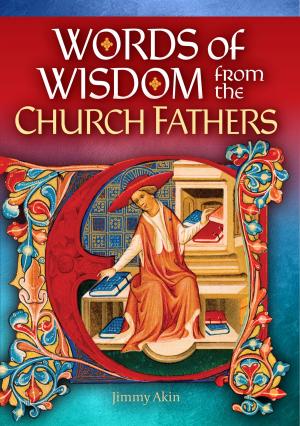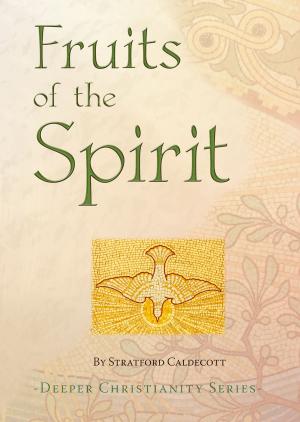| Author: | Christopher Hollis | ISBN: | 9781784695200 |
| Publisher: | Catholic Truth Society | Publication: | October 17, 2017 |
| Imprint: | Catholic Truth Society | Language: | English |
| Author: | Christopher Hollis |
| ISBN: | 9781784695200 |
| Publisher: | Catholic Truth Society |
| Publication: | October 17, 2017 |
| Imprint: | Catholic Truth Society |
| Language: | English |
Christopher Hollis (1902-1977) was a type of public intellectual now hardly found in British life: both politician and man of letters, he moved easily amongst the powerful (he was at Eton and Balliol; one of his brothers was head of MI5), and was by turns a schoolmaster, an academic, a Member of Parliament, and a publisher. During the war he was an RAF intelligence officer. One of his sons is Crispian Hollis, formerly Bishop of Portsmouth. Hollis wrote almost thirty books on a variety of subjects. After he became a Catholic in 1924, he taught history at Stonyhurst for a decade. The Church in the Modern Age explains how the Catholic Church, and especially the Papacy, has responded to the challenge of an increasingly secular world in the aftermath of the European enlightenment. His account is less combative than Belloc’s, but more partisan than, say, Christopher Dawson might have been.
Christopher Hollis (1902-1977) was a type of public intellectual now hardly found in British life: both politician and man of letters, he moved easily amongst the powerful (he was at Eton and Balliol; one of his brothers was head of MI5), and was by turns a schoolmaster, an academic, a Member of Parliament, and a publisher. During the war he was an RAF intelligence officer. One of his sons is Crispian Hollis, formerly Bishop of Portsmouth. Hollis wrote almost thirty books on a variety of subjects. After he became a Catholic in 1924, he taught history at Stonyhurst for a decade. The Church in the Modern Age explains how the Catholic Church, and especially the Papacy, has responded to the challenge of an increasingly secular world in the aftermath of the European enlightenment. His account is less combative than Belloc’s, but more partisan than, say, Christopher Dawson might have been.
